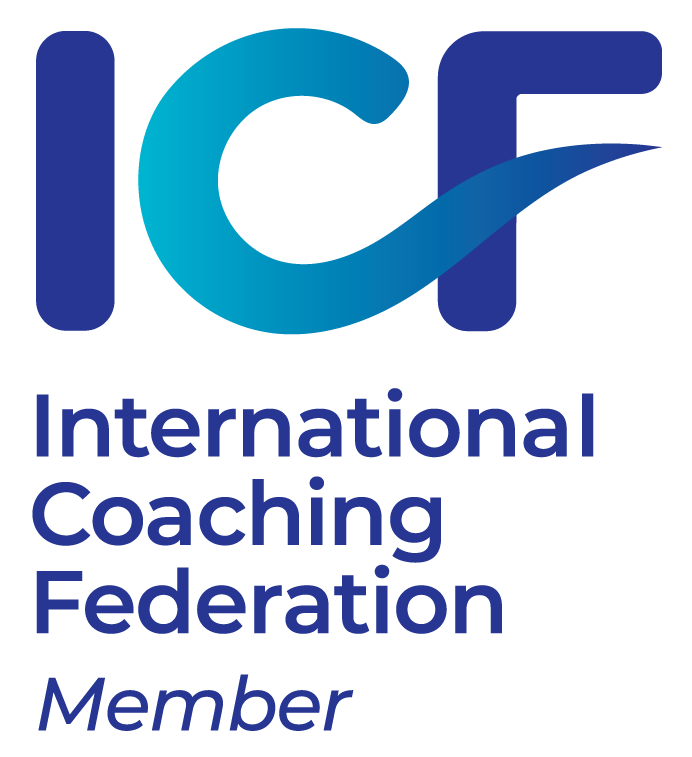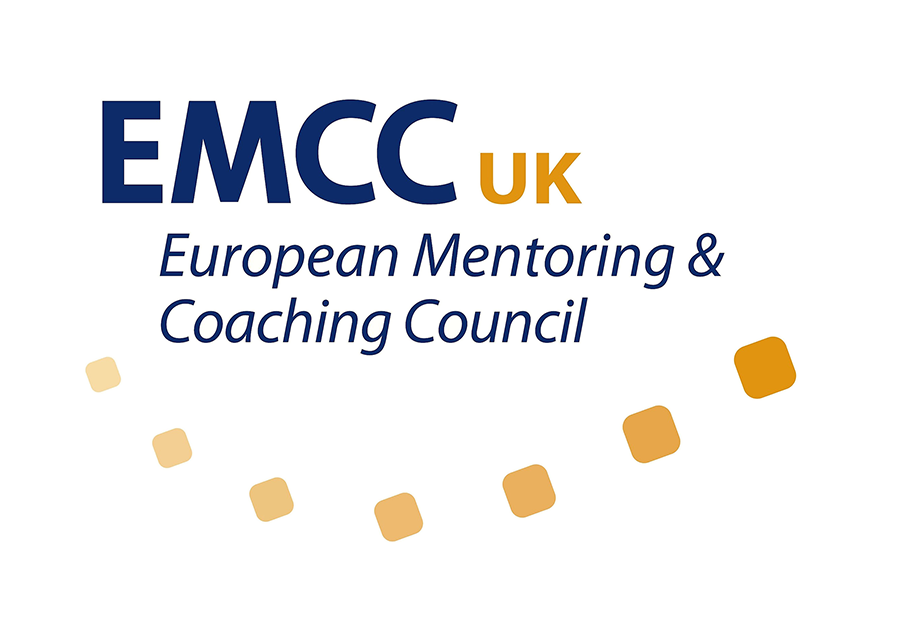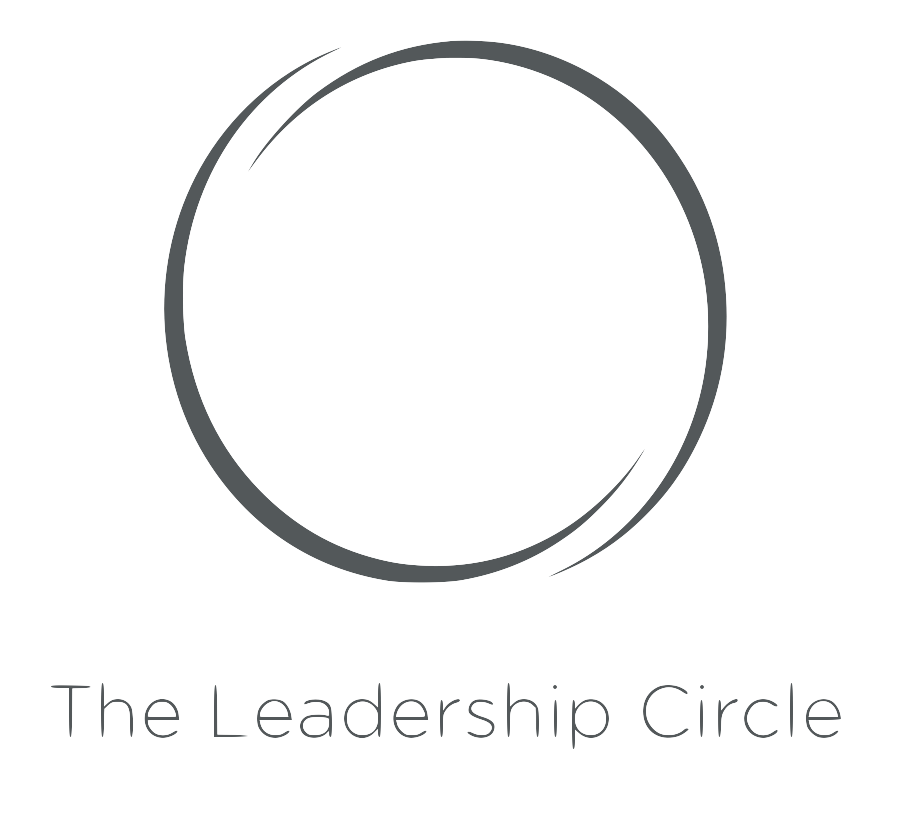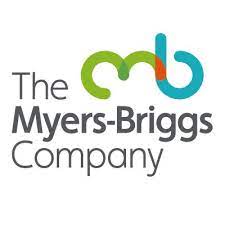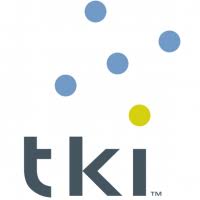
The Power of Self-Reflection: How It Enhances Coaching Results
February 25th, 2025 · 4 min read
Self-reflection is a powerful tool that allows us to deepen our awareness and improve both personal and professional development. In the realm of coaching, self-reflection plays a crucial role in fostering meaningful transformation. By taking the time to examine our thoughts, emotions, actions, and motivations, we can enhance self-understanding, build resilience, and drive progress.
🌟 Building Your Self-Concept
Self-reflection is fundamental in shaping your self-concept, which is a vital component of your identity. Your self-concept consists of your perceptions about your traits, abilities, values, beliefs, roles, and relationships. This internal narrative significantly influences your mood, judgment, and behavior.
Through self-reflection, you gain deeper insights into who you are, how you operate, and what drives you. As you evolve, your self-concept strengthens, allowing you to adapt and grow in alignment with your values and aspirations. A well-developed self-concept fosters confidence, authenticity, and self-assurance—key attributes that enhance coaching outcomes.
💡 Enabling Self-Development
Self-reflection is a cornerstone of self-development, serving as a catalyst for learning and improvement. It allows you to assess your strengths and weaknesses, acknowledge what works, and identify areas needing refinement. By engaging in self-reflection, you cultivate a growth mindset and develop strategies to overcome challenges.
For example, imagine delivering a presentation that didn’t go as expected despite your meticulous preparation. Through self-reflection, you may realize that while your content was strong, a lack of practice in delivery affected your confidence. Recognizing this enables you to adjust your approach—perhaps by rehearsing with colleagues or recording yourself for feedback—ensuring better results next time.
Similarly, in personal relationships, self-reflection helps you recognize your own behavioral patterns. After a breakup, it’s easy to attribute blame externally, but introspection allows you to identify ways in which your actions contributed to the outcome. This awareness empowers you to foster healthier relationships moving forward.
✅ The Benefits of Self-Reflection
According to experts, self-reflection offers several key benefits:
✔️ Increased Self-Awareness – Enhances emotional intelligence and helps you understand your thoughts, emotions, and behaviors.
✔️ Greater Sense of Control – Encourages mindfulness and presence, helping you feel more grounded.
✔️ Improved Communication Skills – Supports clearer, more empathetic expression in relationships.
✔️ Alignment with Core Values – Ensures your actions are in sync with your beliefs and priorities.
✔️ Better Decision-Making – Provides clarity to make thoughtful, well-informed choices.
✔️ Greater Accountability – Encourages personal responsibility and commitment to growth.
⚠️ When Self-Reflection Becomes Unhealthy
While self-reflection is essential for growth, excessive or negative reflection can be harmful. When it turns into self-judgment, criticism, or rumination, it may hinder progress rather than foster it. Here are some signs of unhealthy self-reflection:
❌ Rumination – Replaying negative thoughts obsessively, preventing mental clarity.
❌ Self-Judgment – Constantly critiquing yourself and feeling inadequate.
❌ Negative Self-Talk – Allowing internal dialogue to be discouraging and self-defeating.
❌ Self-Criticism – Fixating on mistakes without a constructive approach.
❌ Comparison to Others – Measuring yourself against others and feeling inferior.
To maintain a healthy balance, self-reflection should be constructive and solution-focused, not self-destructive. Practicing self-compassion and seeking external perspectives can help redirect unhealthy reflection into positive growth.
🎯 Enhancing Coaching Results
In coaching, self-reflection is a game-changer. Whether you’re a coach or a client, taking time to reflect on sessions, feedback, and personal progress accelerates growth. It sharpens self-awareness, builds emotional intelligence, and fosters accountability—all crucial for achieving transformational results.
Without self-reflection, you may find yourself repeating past mistakes and facing recurring challenges. However, by developing a habit of introspection, you gain clarity, refine your decision-making skills, and unlock new perspectives that drive success.
🏆 Final Thoughts
Self-reflection is not just a personal practice—it is an essential skill for continuous development. By embracing self-reflection, you empower yourself to break negative cycles, optimize your potential, and achieve lasting change. In coaching, this practice serves as a bridge between insight and action, leading to more profound and impactful results.
How do you incorporate self-reflection into your personal or professional life? Let’s start a conversation! 💬
